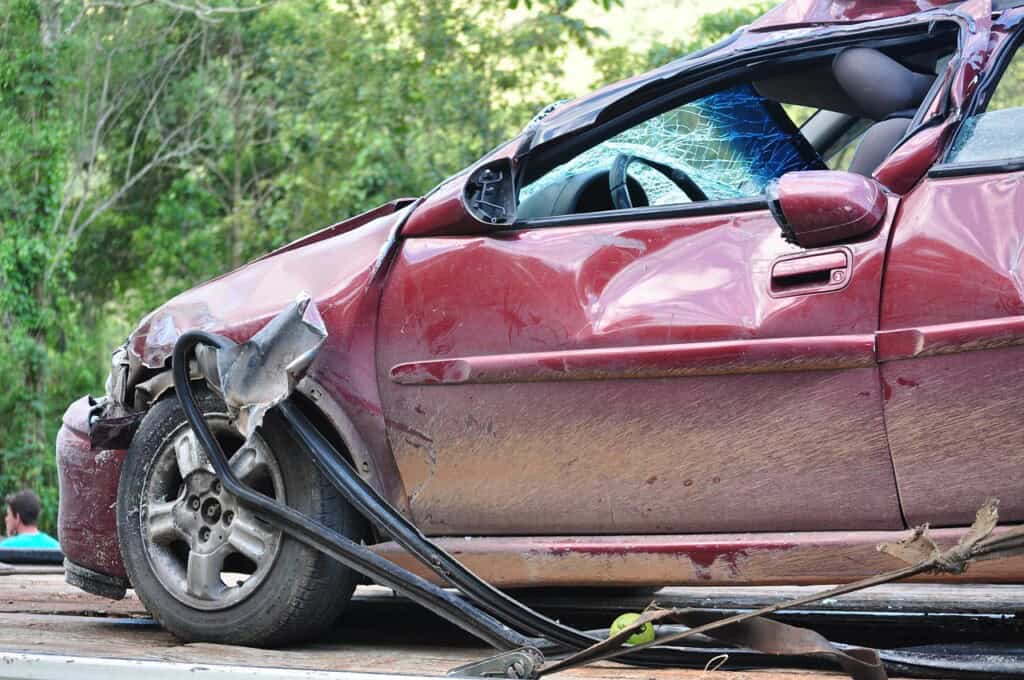When you hand over your keys, you’re not just trusting someone’s driving skills, you’re also extending your insurance coverage and potentially your financial liability in ways that most people don’t fully understand. If they crash your car, the consequences can involve your insurance policy, your future premiums, and your personal liability even though you weren’t anywhere near the driver’s seat when everything went sideways.
Many Maryland drivers casually wonder can you drive someone else’s car legally without thinking through the bigger picture of what happens when things go wrong. The answer is yes, it’s perfectly legal, but the situation becomes seriously complicated if that driver causes an accident while using your vehicle.
Maryland’s insurance laws have specific rules about who pays what, how claims get processed, and what rights you actually have when your car gets damaged while someone else is behind the wheel, so understanding these details becomes crucial before you ever lend your vehicle to anyone.
Insurance Follows Your Car, Not Your Friend
Maryland operates under the principle that car insurance generally follows the vehicle rather than the driver, which means your policy becomes the first line of defense if someone else crashes your car while driving with your permission. Your liability insurance will likely end up paying for damage to other people’s property or any injuries they suffer because of the accident.
If you carry collision or comprehensive coverage, those portions of your policy may handle repairs to your own vehicle, but the specifics depend entirely on your policy limits, deductibles, and any exclusions your insurance company might have tucked into the fine print. Some insurers reduce coverage amounts when non-household members are driving, so the protection might not be as robust as when you’re behind the wheel yourself.
Permission Makes All the Difference
The legal concept of “permissive use” becomes absolutely critical because it determines whether your insurance will cover the accident at all. This means you actually gave someone explicit or implied permission to drive your car, not that they just grabbed your keys without asking while you were in the bathroom.
Most insurance policies do cover permissive drivers, but that coverage often comes with limitations compared to what you’d get as the actual policyholder. Some companies cap liability limits at lower amounts when someone outside your household is driving, and if the driver didn’t have your permission at all, your insurer will almost certainly deny the entire claim. Always check your policy’s specific language about permissive use before handing over your keys, because assumptions can cost you thousands of dollars.
Sorting Out Who Owes What
When another driver causes an accident while using your car, your insurance typically serves as the primary coverage that pays first, but that doesn’t necessarily get everyone off the hook financially. The driver can still be held personally liable if damages exceed your policy limits, especially in serious accidents involving multiple vehicles or significant injuries.
If the person borrowing your car has their own auto insurance, that policy might kick in as secondary coverage to help cover costs that exceed your limits. However, in severe crashes involving major property damage or personal injuries, both you as the car owner and the driver could face lawsuits that go beyond what insurance covers. Liability often comes down to proving negligence and figuring out what coverage is actually available to pay claims.
Taking Action When Disaster Strikes
Your first priority after any accident should be ensuring everyone’s safety and calling police to create an official accident report that documents what happened, who was involved, and what the scene looked like. This paperwork becomes crucial evidence for insurance claims and any potential legal issues that develop later.
Contact your insurance company immediately, even if you weren’t driving when the accident occurred, because delays in reporting can complicate claims processing or even lead to complete denial of coverage. Gather detailed information from whoever was driving your car, including their own insurance details, driver’s license information, and a clear account of what happened. Take extensive photos of vehicle damage, the accident scene, and any relevant road conditions or traffic signs that might be important for determining fault.
Understanding Your Real Risks
Lending your car in Maryland carries way more responsibility and potential liability than most people realize when they casually toss their keys to a friend or family member. Insurance usually follows the vehicle, which means your policy responds first when another driver causes an accident, but that doesn’t mean you’re completely protected from financial consequences.
Permissive use provides coverage in most situations, but limits are often lower for non-household drivers, and liability can extend to both the car owner and the person actually driving when serious accidents occur. Understanding your policy details, documenting any accidents properly, and setting clear expectations with anyone who borrows your vehicle helps reduce risks that could cost you significantly.
The fact that people commonly ask whether it’s legal to drive someone else’s car shows how normal this situation is, but legality and financial liability are completely different things that create separate concerns. The bottom line is being selective about who gets to drive your car, staying informed about your actual insurance coverage, and protecting yourself from expensive surprises that could affect your finances for years to come.


